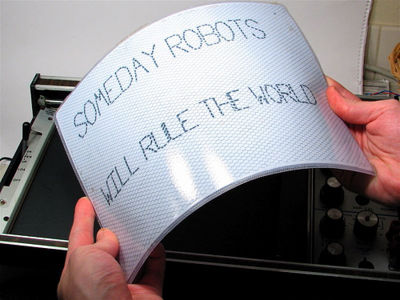The huge issue of sustainability is typically broken down into a "triple bottom line": Social, ecological and economic sustainability. In terms of flexible learning and its social sustainability we might consider issues relating to access and equity, cultural diversity, and research and education. In terms of ecological sustainability we are considering our impact on our environment, including resources used and waste produced. In terms of economic sustainability we might consider our finance and accounting structures, our work loads, and cost benefits. It is an extensive and complex consideration with increasing levels of importance today
To do
- Read and investigate links and references in the post Transparent calculator, or socially aware computing? and note down any thoughts or questions to bring to the web conference by Dr Samuel Mann.
- Listen to Otago Polytechnic's Campus Sustainability Coordinator, Dr Samuel Mann (and author of the Computing for Sustainability blog) talk about Sustainability initiatives at Otago Polytechnic.
- Post to your blog your thoughts about Samuel's talk and relate it to your planning ideas. Try to address a triple bottom line view to sustainability (economical, ecological, sociological sustainability)
extra resources
- Triple bottom line
- Time management
- Teacher and learner workloads - Because flexible learning often entails self directed, or self paced learning teachers and learners can often lose sight of what would be a reasonable workload. Time management is an important skill to have. It is also important not to overload the learners. Read Koper, R. (2004). Use of the Semantic Web to Solve Some Basic Problems in Education: Increase Flexible, Distributed Lifelong Learning, Decrease Teacher's Workload. Journal of Interactive Media in Education, 2004 (6). Special Issue on the Educational Semantic Web.
0 comments:
Subscribe to:
Post Comments (Atom)

